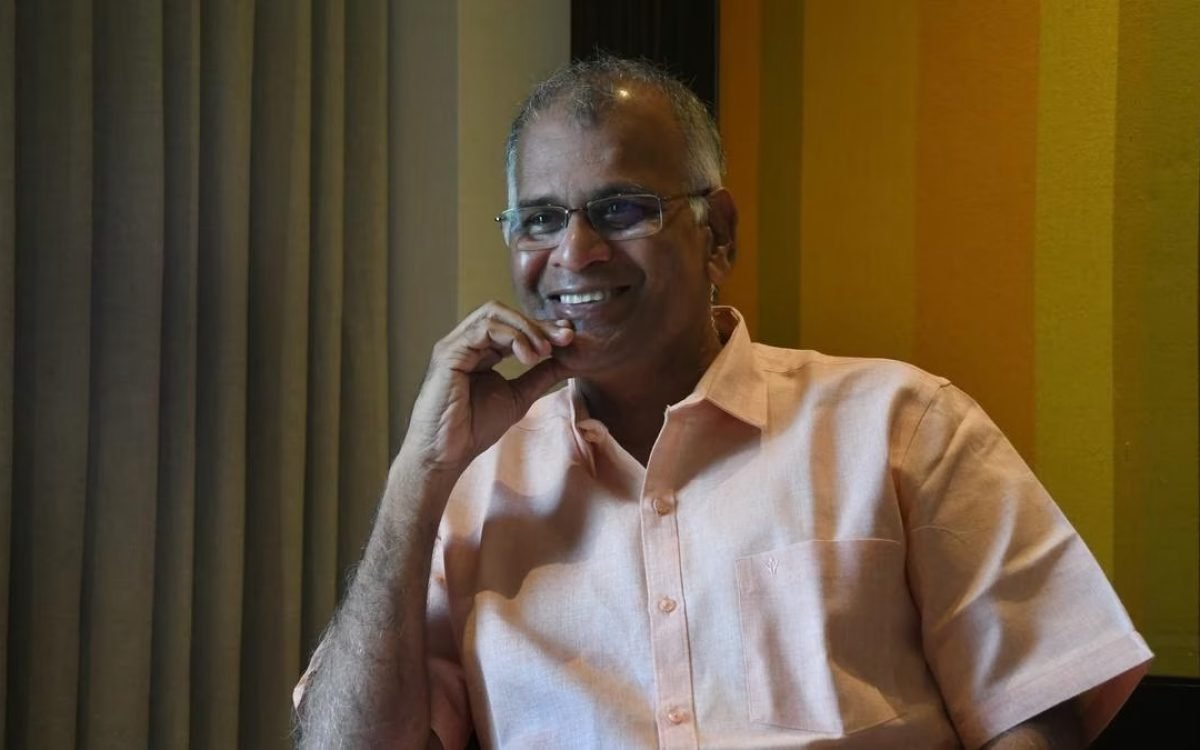Renowned writer B. Jeyamohan ignited a firestorm on social media with his recent blog post critiquing the Malayalam film ‘Manjummel Boys,’ based on a real-life survival story in Kodaikanal. The film, a box office success in both Tamil Nadu and Kerala, has garnered widespread acclaim, but Jeyamohan’s scathing commentary has polarized opinions and sparked intense debate across online platforms.
In his blog post, Jeyamohan, a prolific author and screenwriter, expressed disdain for what he perceived as the glorification of reckless behavior depicted in the film. He condemned Tamil Nadu’s cinephiles for their enthusiastic reception of the movie, dismissing it as a celebration of “wayward drunkards.” His criticism extended beyond the film itself to encompass sweeping generalizations about Malayalis, particularly tourists, whom he accused of unruly conduct, excessive drinking, and disrespect for natural environments.
Jeyamohan’s inflammatory remarks, including a wish for misfortune upon such groups, drew sharp condemnation from social media users who denounced his derogatory characterization of an entire population. Many found his comments hateful and divisive, rejecting his assertions as unjustified and prejudiced. While some acknowledged concerns about irresponsible behavior among tourists, they rejected the notion of collective blame and criticized Jeyamohan’s inflammatory rhetoric.
The writer’s allegations against Malayalam cinema, accusing it of glorifying drunken behavior and drugs, and his call for government intervention further intensified the controversy. His assertion that Malayalis are resistant to learning other languages also elicited widespread rebuke, with many highlighting Kerala’s history of cultural inclusivity and receptiveness to diverse linguistic and cinematic influences.
The uproar transcended regional boundaries, with Tamil social media users joining the chorus of dissent against Jeyamohan’s negative portrayal of Malayalis. The overwhelming sentiment reflected a rejection of divisive rhetoric and a reaffirmation of Kerala’s reputation as a welcoming and inclusive state.
While discussions about responsible tourism and cultural exchange are valid, Jeyamohan’s sweeping generalizations and derogatory language detract from constructive dialogue and perpetuate harmful stereotypes. As the controversy continues to unfold, it serves as a reminder of the power of words and the importance of fostering mutual respect and understanding across cultural divides.
In conclusion, the backlash against B. Jeyamohan’s blog post underscores the need for nuanced discourse and empathy in addressing complex social issues. Rather than resorting to inflammatory rhetoric and divisive narratives, constructive engagement and mutual respect pave the way for meaningful dialogue and positive change in our increasingly interconnected world.









